Introduction
Podcast analytics helps podcasters understand how their show is performing. It tells them important things like how many people are listening, where they are from, and which episodes are the most popular. Without tracking these numbers, it’s hard to know what’s working and what needs to improve.
This is where AI steps in. AI makes it easier to track and understand podcast analytics. It can handle large amounts of data quickly, giving podcasters more accurate insights. With AI, podcasters don’t need to spend hours analyzing numbers. Instead, they get simple, clear reports that show them exactly what they need to know.
Using AI to track podcast analytics helps podcasters grow their audience faster. It also allows them to improve their content by knowing what listeners enjoy the most. So, without any delay let’s learn how to use AI to Track Podcast Analytics.

What is Podcast Analytics?
Podcast analytics is the process of tracking and measuring data about a podcast. It shows how well a podcast is performing by collecting important numbers, called metrics. These metrics tell podcasters how many people are listening, where they are from, and how long they stay tuned in.
Some key metrics include total downloads, number of listeners, and how often episodes are played. Podcast analytics also helps podcasters see which episodes are the most popular and what times listeners prefer to tune in.
By using podcast analytics, podcasters can understand what their audience likes and make changes to improve their show.
Why Tracking Podcast Analytics is Crucial
Tracking podcast analytics is important because it shows podcasters what’s working and what’s not. Without looking at the numbers, it’s like driving blindfolded. Podcasters need to know if people are listening, what they enjoy, and what makes them stop listening.
For example, if a podcaster notices that many listeners stop halfway through an episode, they can figure out why. Maybe the content isn’t engaging enough or the episode is too long. By tracking these analytics, they can make adjustments, like shortening episodes or focusing on more interesting topics.
Analytics also help podcasters grow their audience. By understanding which episodes are most popular, they can create similar content. If one episode gets more downloads, it’s a clear sign of what the audience enjoys. This allows podcasters to give listeners more of what they love, helping the show grow faster.
Simply put, tracking podcast analytics helps podcasters improve their content and reach more people.
How AI is Revolutionizing Podcast Analytics
AI is changing the way podcasters track their analytics. It makes the process faster, smarter, and more accurate. Before AI, podcasters had to manually check numbers and look for patterns. Now, AI does this work for them. It can quickly analyze large amounts of data and provide useful insights.
For example, AI can tell a podcaster which episodes are most popular and why. It looks at patterns, such as what topics or guests attract more listeners. Instead of spending hours reviewing data, podcasters get clear answers in minutes.
AI also helps podcasters predict what will happen next. By looking at past data, AI can suggest what kind of content will work best in the future. If a podcaster sees that episodes about health are doing well, AI can recommend focusing more on health topics. In simple terms, AI is making podcast analytics easier and smarter.
4 Key AI Tools for Podcast Analytics
There are several AI tools that make tracking podcast analytics easier and smarter. These tools help podcasters understand their audience and improve their content without needing to manually check every number. Here are a few popular ones:
1. Chartable
Chartable uses AI to show podcasters how their episodes are performing. It tracks downloads, listeners, and even where the podcast ranks on different platforms. For example, it can tell a podcaster how many people listened after hearing about the show on social media.
2. Podbean
Podbean is another AI-powered tool that helps podcasters grow their show. It offers detailed insights, such as where listeners are located and which episodes they like best. Podcasters can use this information to create more content that their audience enjoys.
3. Buzzsprout
Buzzsprout uses AI to help podcasters track important data like total downloads, listener demographics, and episode performance. It also gives recommendations on how to increase the number of listeners based on past trends.
4. Podtrac
Podtrac provides podcasters with detailed AI analytics, including audience size and how their podcast compares to others in their genre. For example, a podcaster can see how well they’re doing compared to similar shows, helping them understand what’s working.
How to Set Up AI Tools for Tracking Podcast Analytics
Each tool has a straightforward process that helps podcasters start tracking their show right away. Here’s how to do it:
1. Chartable
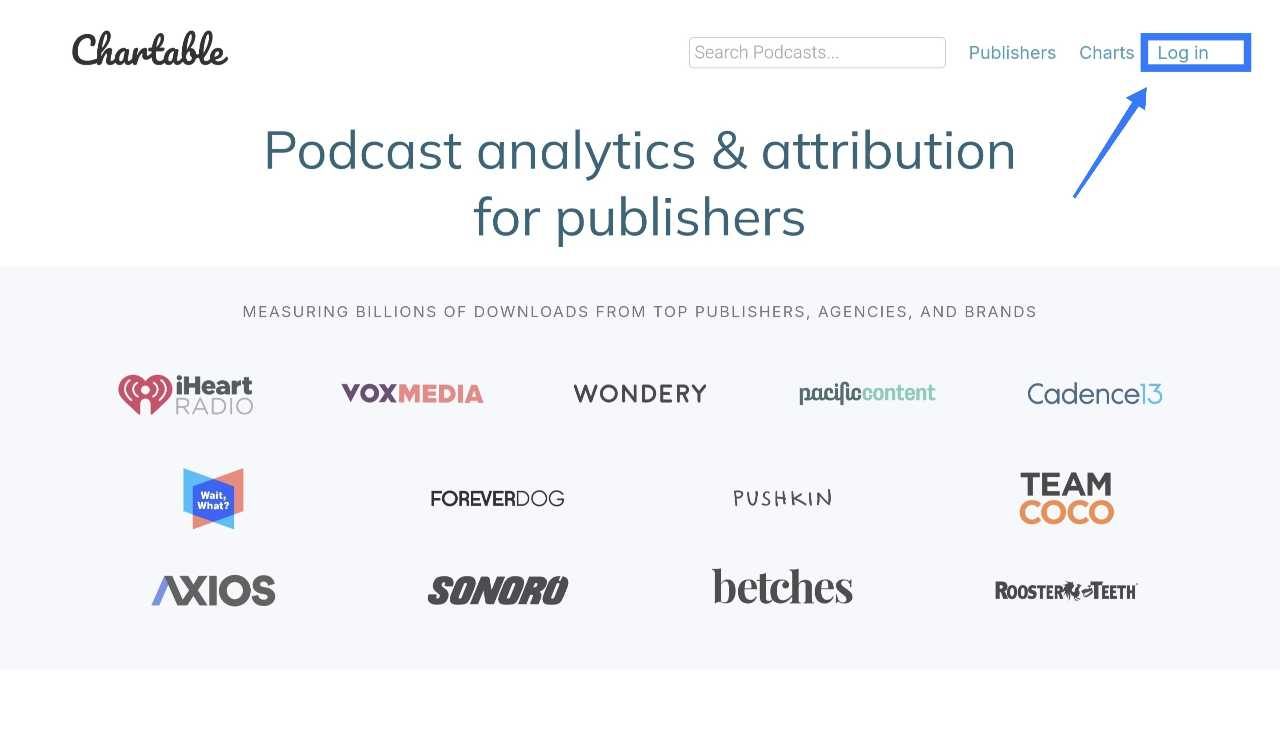
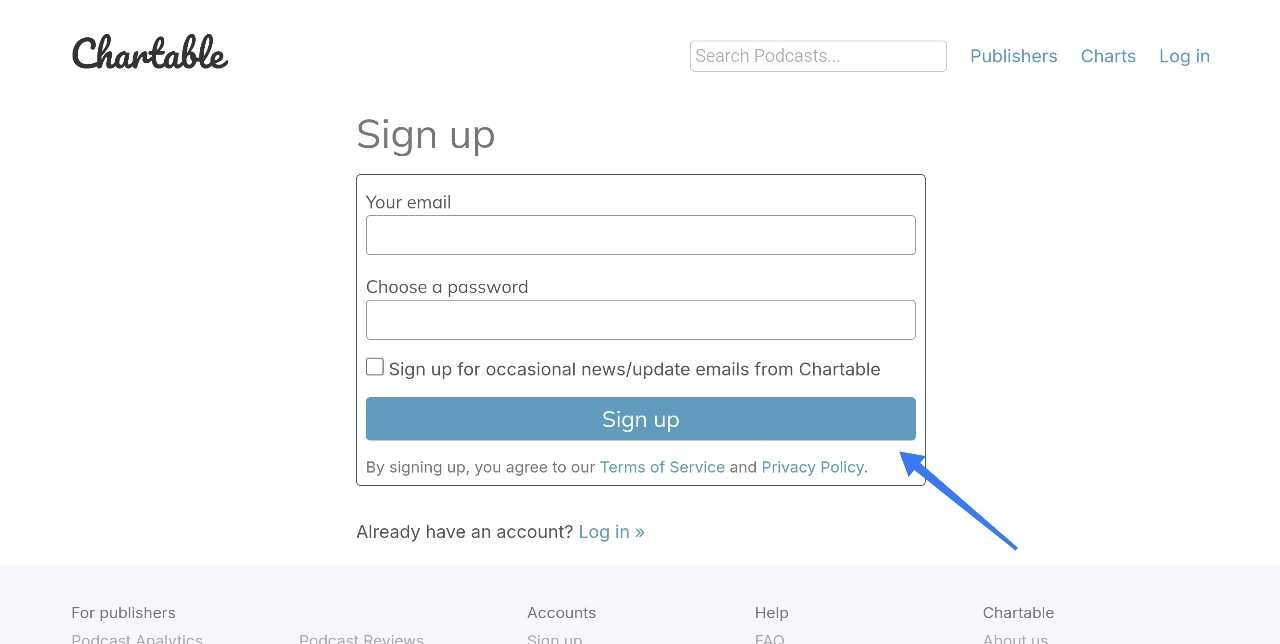
- First, sign up for a free account on Chartable’s website.
- Connect your podcast by entering the podcast’s RSS feed. This is the link that stores all your podcast episodes.
- Chartable will start collecting data on downloads, listeners, and rankings.
- You can log in anytime to see detailed reports. For example, if you promote an episode on social media, Chartable will show how many new listeners came from that.
2. Podbean
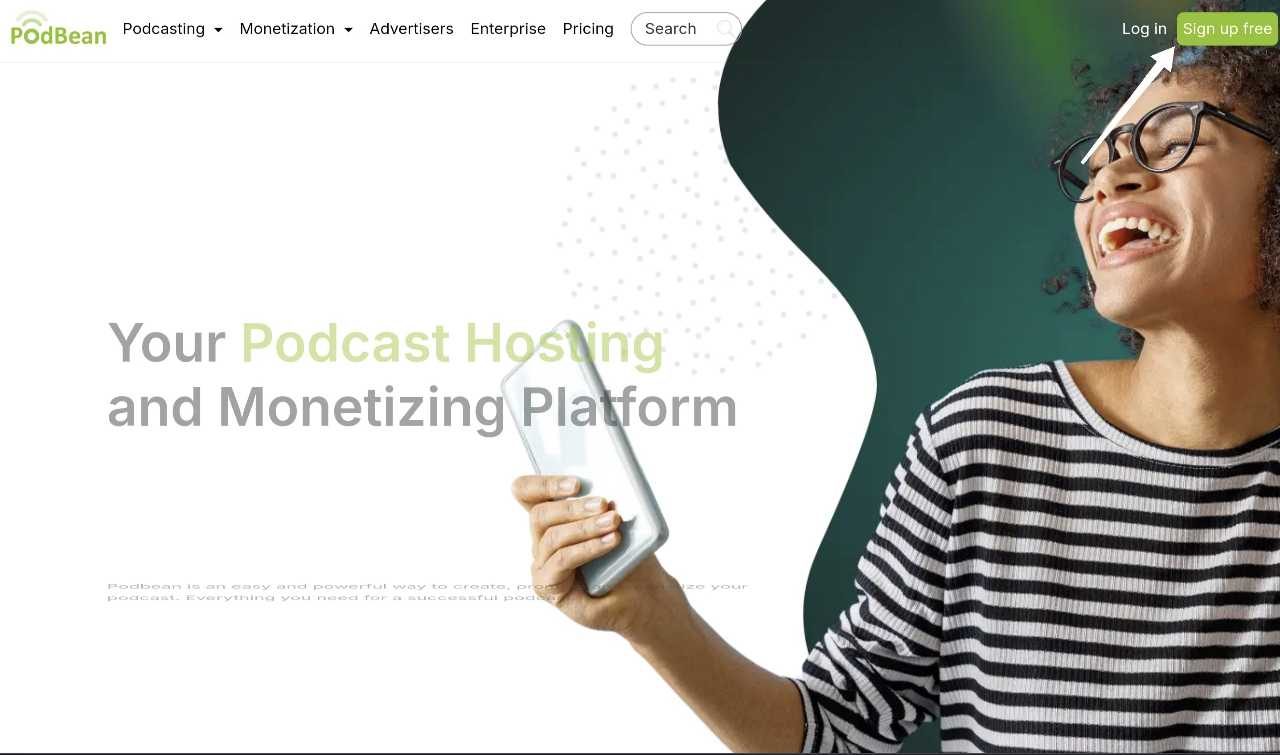
- Go to Podbean’s website and create an account.
- Import your podcast by copying the RSS feed into Podbean’s platform.
- Podbean will automatically track listener demographics, downloads, and episode popularity.
- You can also use Podbean’s AI insights to understand which content works best for your audience.
3. Buzzsprout
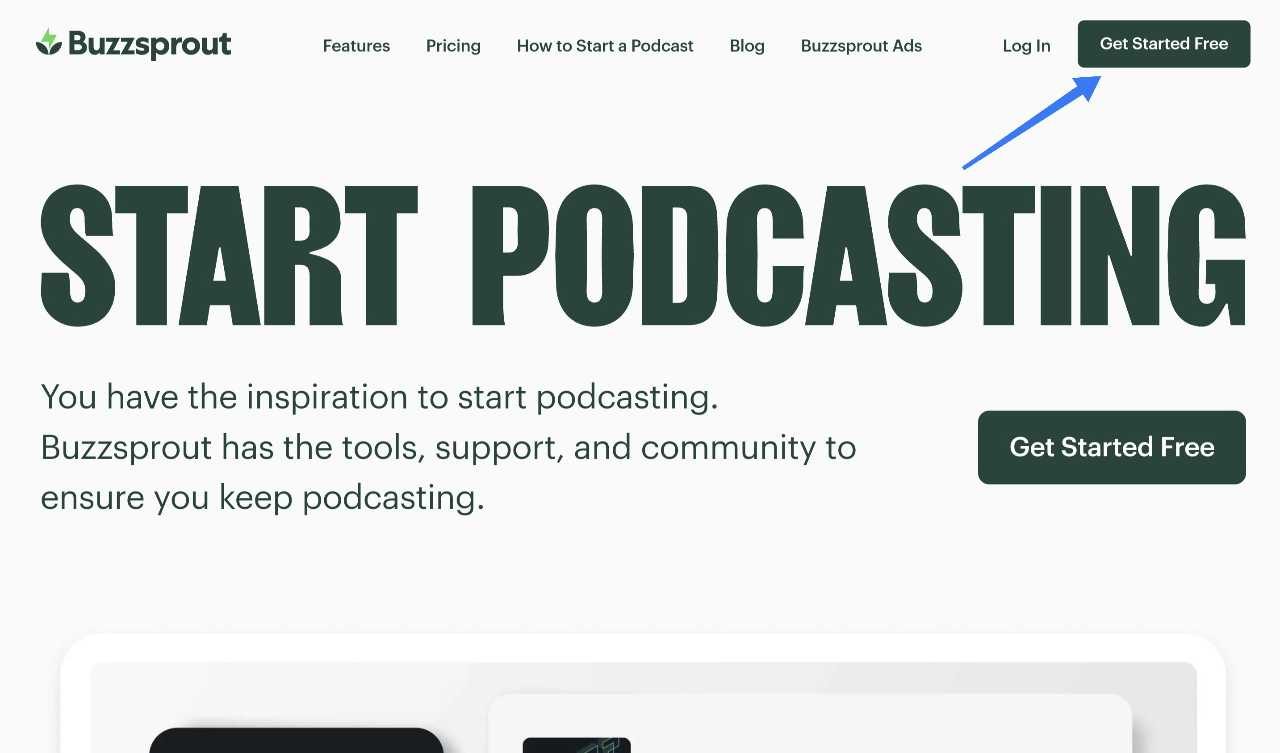
- Start by signing up for Buzzsprout on their website.
- After creating an account, link your podcast by adding the RSS feed.
- Buzzsprout will immediately begin tracking your podcast analytics, showing total downloads, listener locations, and more.
- You’ll also receive recommendations on how to improve your podcast based on the data Buzzsprout collects.
4. Podtrac
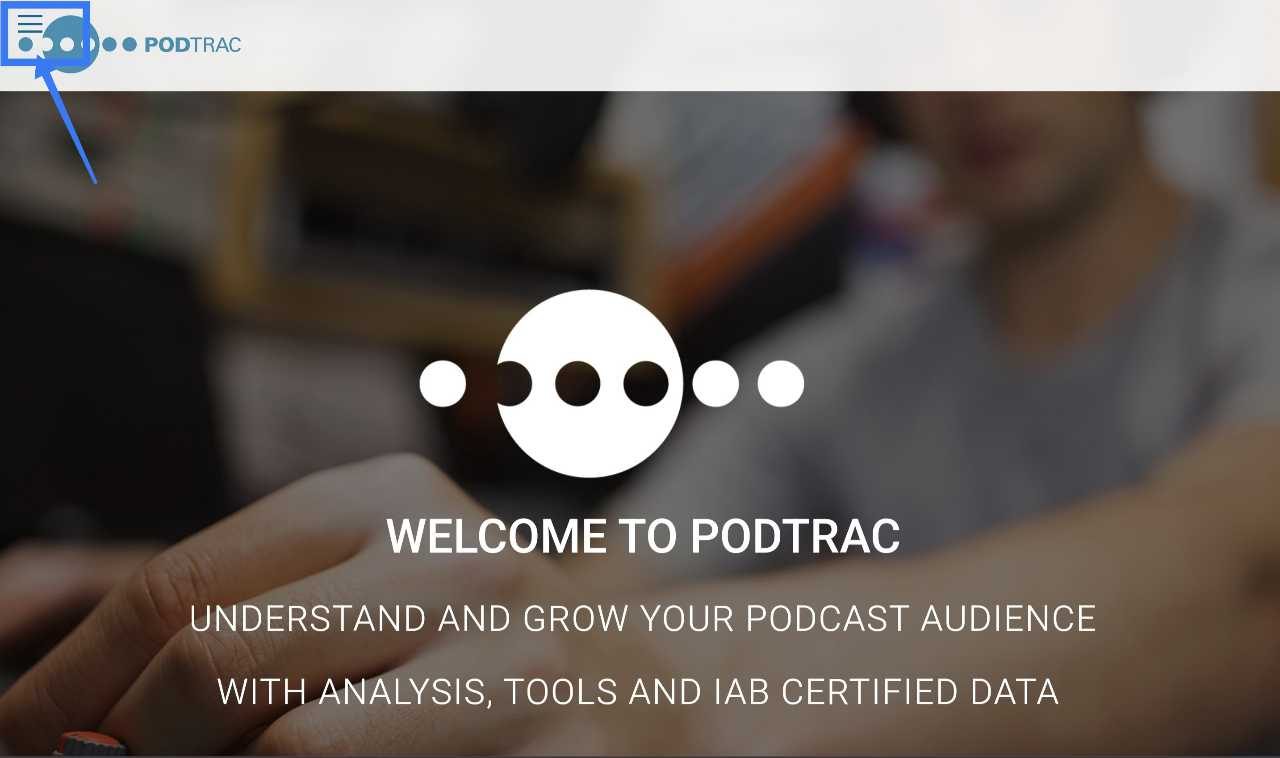
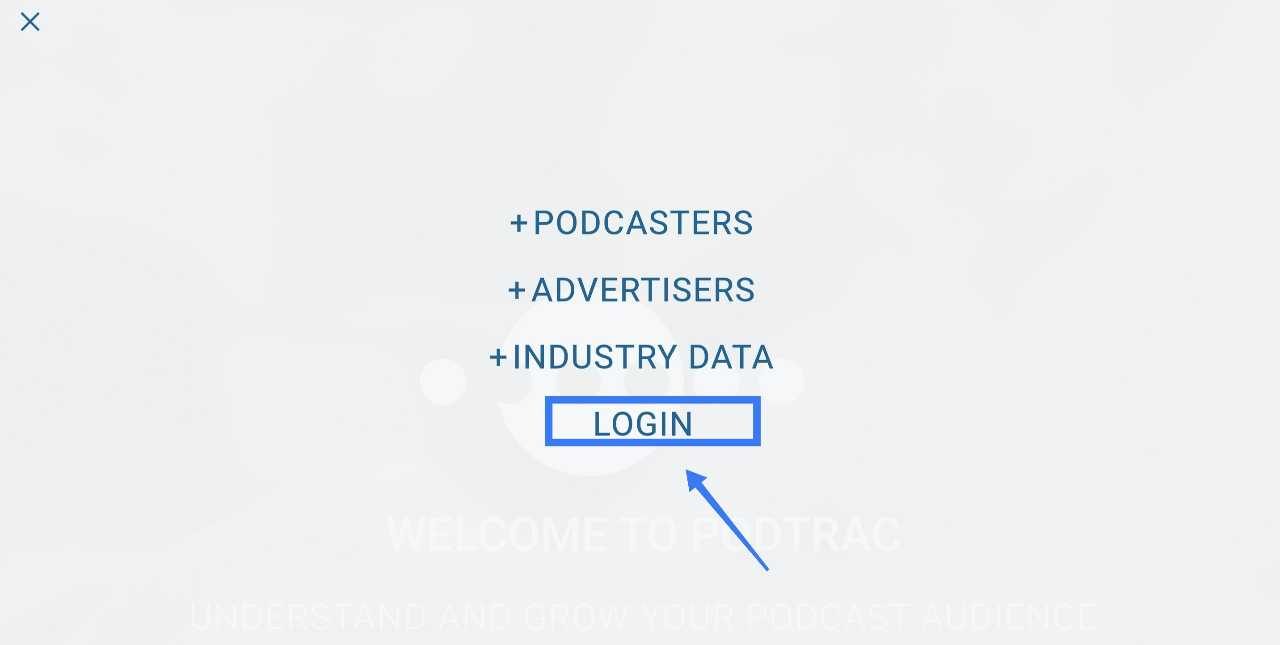
- Register for a Podtrac account online.
- Like the other tools, you need to connect your podcast by submitting the RSS feed.
- Once connected, Podtrac will analyze your podcast’s performance, giving you detailed reports on audience size and comparisons to other podcasts in your genre.
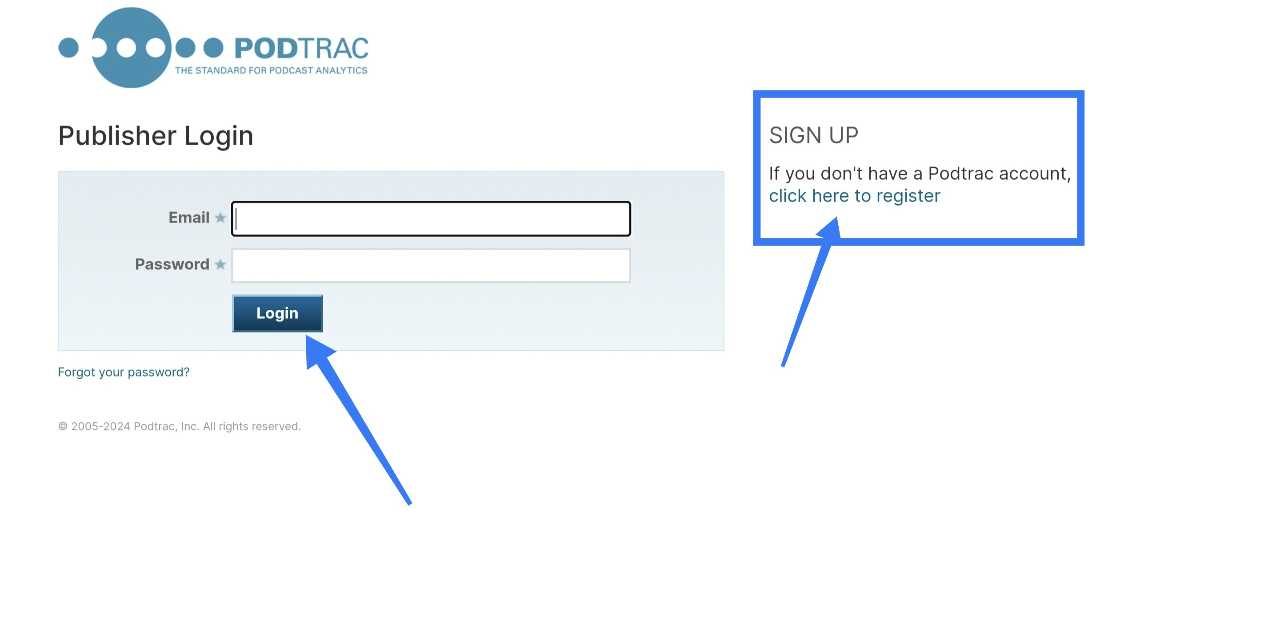
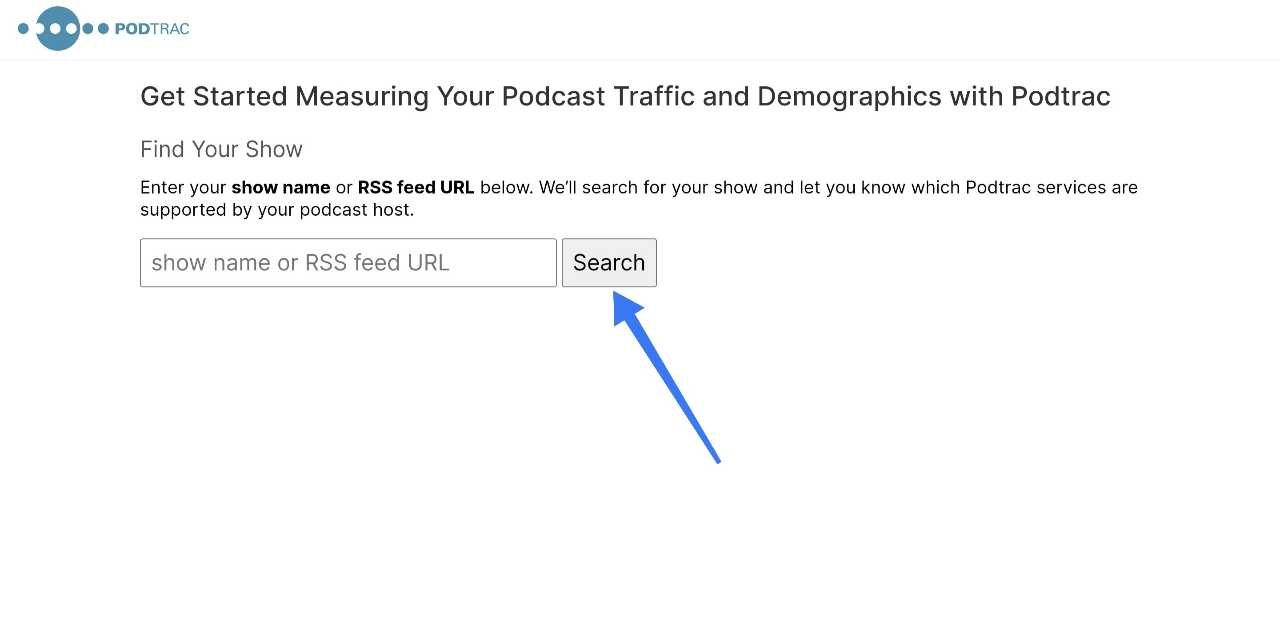
AI-Powered Insights: What Metrics to Focus On
When using AI tools for podcast analytics, there are a few key metrics that podcasters should focus on. These metrics help them understand their audience and improve their content. AI makes tracking these metrics easier by providing clear insights and patterns.
1. Total Downloads
This metric shows how many times people have downloaded a podcast episode. It’s important because it helps podcasters see how popular each episode is. For example, if one episode has more downloads than others, AI can suggest creating similar content to attract more listeners.
2. Listener Demographics
AI tools can break down the age, gender, and location of listeners. This helps podcasters understand who is tuning in. For example, if most listeners are young adults, the podcaster might focus on topics that interest that age group. Knowing who the audience is makes it easier to create relevant content.
3. Episode Performance
This metric tells podcasters how each episode is performing over time. AI can show which episodes keep listeners engaged the longest. If listeners drop off early in some episodes, it might mean the content needs to be more engaging. AI tools provide these insights to help podcasters make improvements.
4. Listener Retention
Listener retention is how long people stay tuned to an episode. AI can track this by looking at the time listeners spend on each episode. If many listeners stop listening halfway through, the podcaster can figure out why and adjust future episodes.
5. Audience Growth
AI tools can also predict audience growth by analyzing past trends. If a podcaster sees a steady increase in downloads and engagement, it means the podcast is growing. AI helps spot these trends early, giving podcasters a chance to plan future episodes that keep the momentum going.
How AI Can Predict Podcast Growth
They do this by analyzing past data and spotting patterns. This way, podcasters can make better decisions and plan for the future.
1. It can Analyze Past Trends
AI looks at how a podcast has performed in the past. It checks things like total downloads, listener engagement, and episode popularity. For example, if a podcast has been steadily gaining listeners over the last few months, AI can use this trend to predict future growth.
2. It can Forecast Future Success
Using past data, AI can forecast how many new listeners a podcast might attract. If an episode about a trending topic saw a big jump in downloads, AI might suggest that similar topics will attract more listeners in the future. This helps podcasters plan content that matches what people want.
3. It can Identify Growth Opportunities For Your Podcast
AI can also highlight opportunities for growth. For example, if AI shows that listeners from a certain region are growing, podcasters might decide to create content that appeals to that region. This helps them target new audiences and expand their reach.
5. You can Adjust Strategies Based on Predictions
Based on predictions, podcasters can adjust their strategies. If AI predicts a slowdown in growth, podcasters can change their content or marketing approach. This way, they can stay on track and continue growing their audience.
How to Improve Podcast Engagement with AI
1. Personalize Content Recommendations
AI tools can analyze what topics or guests listeners enjoy the most. For example, if AI finds that listeners like episodes about fitness, it can suggest creating more content on that topic. This keeps listeners engaged because they get more of what they love.
2. Optimize Episode Timing
AI can help determine the best times to release new episodes. By looking at when listeners are most active, AI can suggest the best days and times to publish new content. This ensures that episodes reach the audience when they are most likely to listen.
3. Enhance Listener Interaction
AI tools can track how listeners interact with episodes. For instance, AI can see which parts of an episode get the most attention and which parts are skipped. Podcasters can use this information to create more engaging content, like adding interesting segments or improving storytelling.
4. Automate Social Media Suggestions
AI can also help with social media. It can suggest the best ways to promote episodes based on past engagement. For example, if AI sees that posts with quotes from episodes get more likes and shares, it will recommend doing more of that.
You Might Like To Read: How to Promote a Podcast on Social Media: 10 Game-Changing Strategies for Explosive Growth
5. Predict Listener Preferences
AI predicts what listeners might enjoy next. By analyzing listening habits and trends, AI can suggest new content ideas. For example, if AI identifies a growing interest in a certain subject, the podcaster can create episodes around that topic to keep listeners engaged.
In short, AI helps improve podcast engagement by offering personalized recommendations, optimizing release times, enhancing listener interaction, suggesting effective social media strategies, and predicting listener preferences.
What are the Challenges of Using AI in Podcast Analytics
Using AI is everypoint isn’t accurate, In podcast analytics comes with a few challenges. While AI can provide valuable insights, it’s not always perfect. Here are some common issues podcasters might face:
1. Tools May be Expensive
AI tools can be expensive. Some advanced analytics services charge high fees for their features. For example, a podcaster might find that the best AI tools for detailed insights cost more than their budget allows. This can be a barrier for smaller podcasters or those just starting out.
2. Complexity in Setting Up AI Tools
Setting up and using AI tools can be complicated. Some tools require technical knowledge to integrate and understand. For example, a podcaster might struggle with connecting their RSS feed to an AI tool or interpreting the data it provides without a clear guide.
3. Data Accuracy is Matter of Concern
AI relies on data to make predictions and provide insights. If the data is incomplete or incorrect, the results might not be reliable. For instance, if a podcast’s data is missing or inaccurate, AI might give misleading recommendations, affecting content decisions.
4. Over-Reliance on Technology
Relying too much on AI can sometimes lead to overlooking human judgment. AI tools offer suggestions based on data, but they can’t understand the nuances of content or audience preferences as well as a human can. Podcasters might make decisions based solely on AI suggestions without considering their own insights or creativity.
5. Privacy Concerns May Arise
Using AI tools often involves collecting and analyzing listener data. This can raise privacy concerns. Podcasters need to ensure they handle data responsibly and follow privacy regulations. For example, they must make sure not to share personal information without permission.
Conclusion
Using AI to track podcast analytics offers many benefits, but it also comes with some challenges. AI helps podcasters understand their audience better and improve their content. It provides insights into which episodes are popular, who is listening, and how to grow the podcast.
For example, AI can show that a podcast about health is getting more attention from young adults. This allows the podcaster to create more content on health topics that will engage their audience. AI tools also help predict future growth and suggest ways to boost listener engagement.
However, podcasters need to be aware of the challenges. AI tools can be costly and complex to set up. They also rely on accurate data and should not replace human judgment. Additionally, privacy concerns are important to consider when handling listener data.